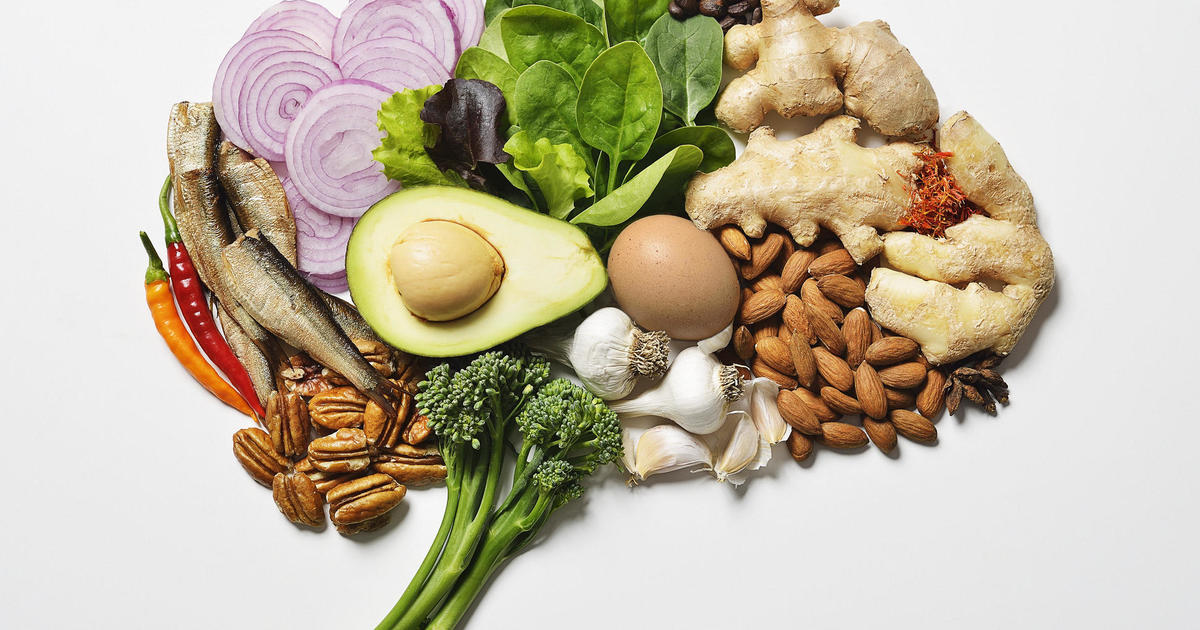The gut microbiome, a complex ecosystem of trillions of bacteria residing within our digestive system, plays a vital role in maintaining both our physical and mental well-being. This intricate connection, known as the gut-brain axis, has garnered significant attention in recent years, with researchers uncovering its profound impact on various aspects of health. The gut and brain are intrinsically linked, originating from the same embryonic cells and communicating constantly through the vagus nerve, a critical pathway transmitting chemical messages between the two.
The Impact of Diet on Gut Microbiome
The food we consume profoundly affects the delicate balance of our gut microbiome. A diet rich in whole, unprocessed foods nourishes beneficial bacteria, promoting a healthy gut environment and positive effects on mood. In contrast, diets high in processed foods and refined sugars fuel the growth of harmful bacteria, disrupting the delicate equilibrium and potentially contributing to mental health challenges.
The Role of Fiber in Gut Health
Fiber, a crucial nutrient found predominantly in plant-based foods, serves as a vital fuel source for the beneficial bacteria in our gut. A diet rich in fiber promotes a flourishing gut microbiome, leading to numerous health benefits. Fiber can be found abundantly in various plant-based sources like fruits, vegetables, beans, nuts, seeds, legumes, and whole grains.
Strategies to Support Gut-Brain Health
To optimize your gut-brain health, consider these actionable steps:
Prioritize Whole Foods
Embrace a diet rich in whole, unprocessed foods. Focus on incorporating plenty of fruits, vegetables, beans, nuts, seeds, legumes, and whole grains into your meals. These nutrient-dense foods provide a steady supply of essential nutrients and fiber, promoting a balanced gut microbiome.
Opt for Lean Proteins
Include lean proteins in your diet, such as poultry, fish, and plant-based protein sources. These proteins provide valuable amino acids necessary for various bodily functions, including the synthesis of neurotransmitters that influence mood.
Include Healthy Fats
Incorporate healthy fats like omega-3 fatty acids, found in fatty fish, walnuts, flaxseeds, and chia seeds, into your diet. Omega-3 fatty acids have been shown to play a role in reducing inflammation and supporting brain health.
Limit Processed Foods
Minimize your consumption of processed foods, which often contain high levels of unhealthy fats, added sugars, and artificial ingredients. These foods can disrupt the balance of your gut microbiome and contribute to inflammation.
Manage Stress
Stress has a significant impact on gut health. Finding healthy ways to manage stress, such as exercise, meditation, and yoga, can help promote a balanced gut microbiome.
Take Away Points
- The gut-brain axis is a complex and dynamic relationship that plays a vital role in both physical and mental health.
- Diet has a profound impact on gut health and mood.
- Prioritizing whole, unprocessed foods, including fiber-rich vegetables, fruits, legumes, and whole grains, is essential for supporting a healthy gut microbiome.
- Including lean proteins, healthy fats, and limiting processed foods can contribute to overall gut health and mental well-being.
- Managing stress is essential for maintaining a healthy gut and mood.
By prioritizing these strategies, you can nourish your gut microbiome and cultivate a healthier mind and body. Remember, taking care of your gut health is taking care of your overall well-being.









